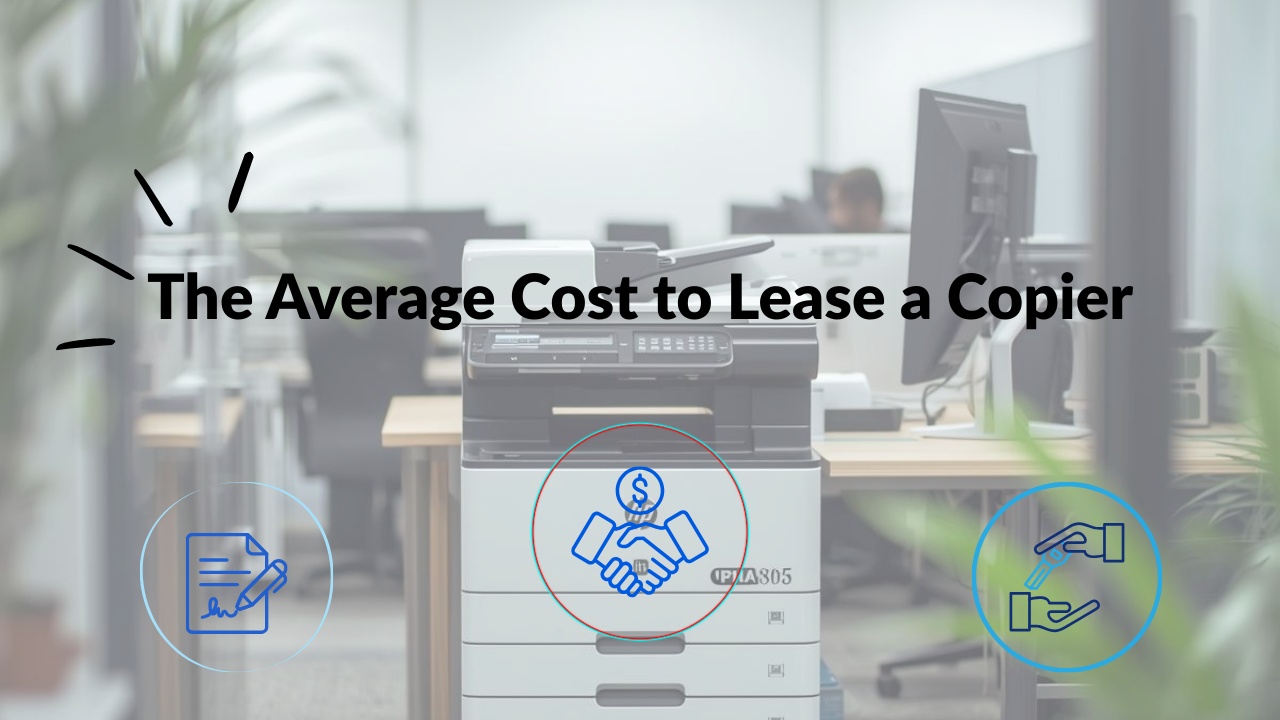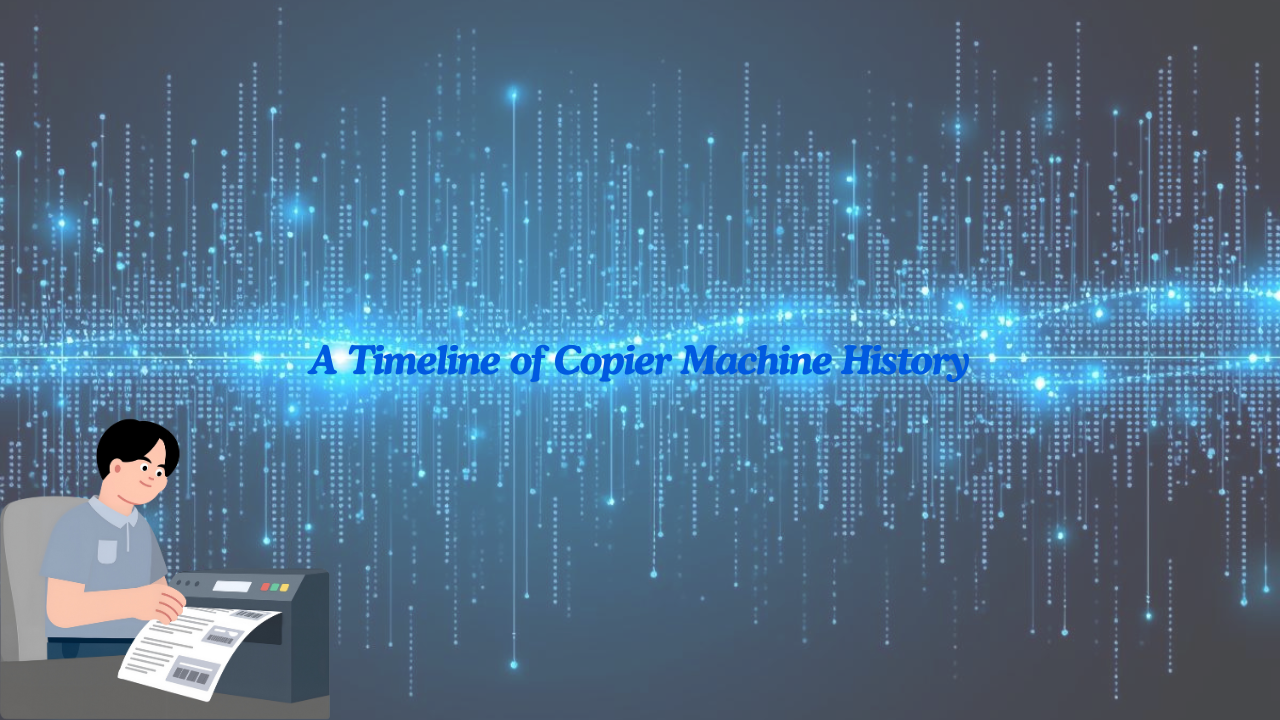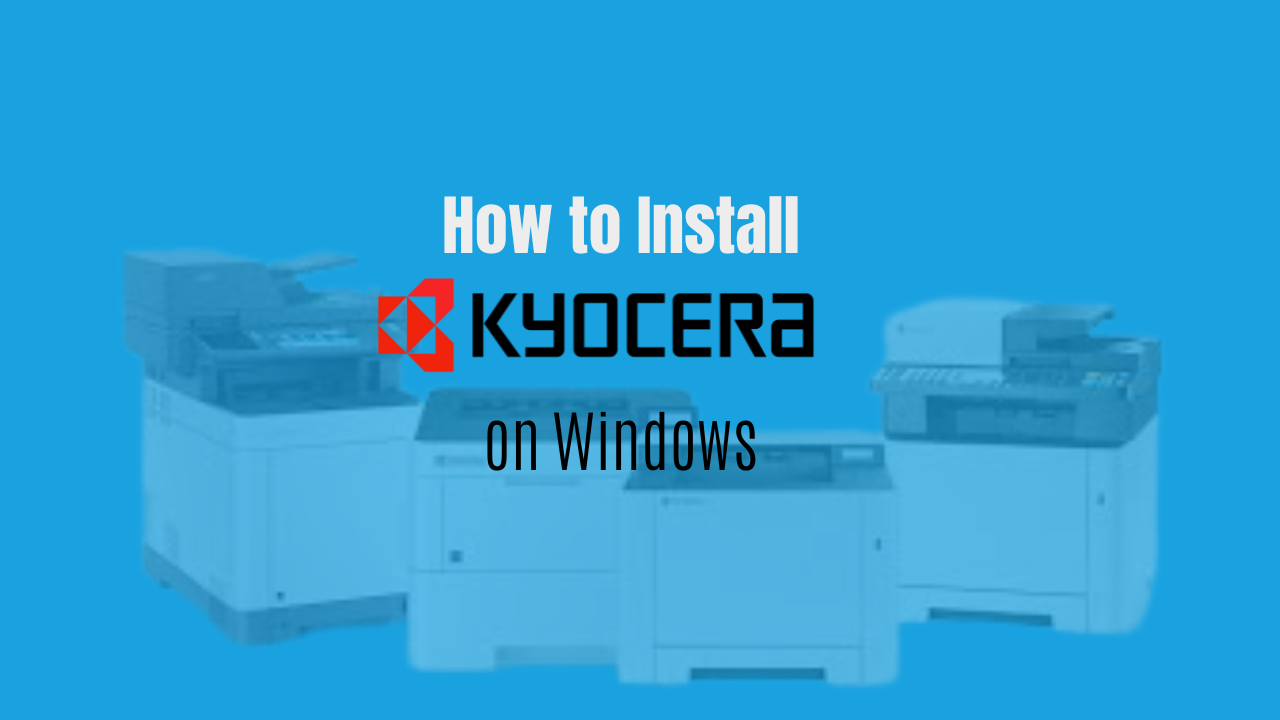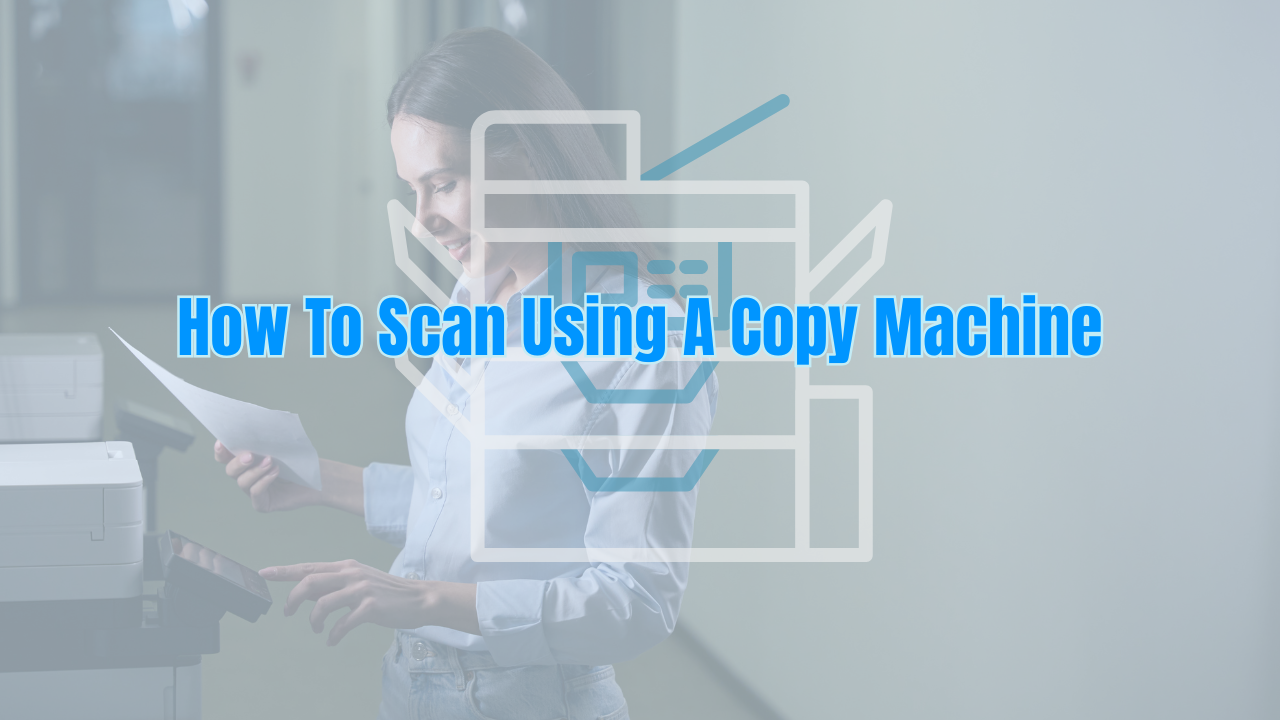The Critical Role of Copier Technology in Legal Document Management
In the legal industry, the ability to reproduce, manage, and secure sensitive documents efficiently is pivotal. As firms handle a high volume of court pleadings, contracts, and client communications, investing in the right copier solutions is essential to maintain confidentiality, increase productivity, and adhere to strict compliance standards. This article explores the vital aspects of copier solutions tailored for legal needs, including features, security measures, evaluation tips, and innovative technologies that drive efficiency.
Understanding the Importance of Secure and Reliable Document Copying Services

What is the best way to protect and store important legal documents?
Protecting and storing legal documents securely is vital for any law firm or organization handling sensitive information. A combination of physical and digital safeguards provides the best defense.
Physically, documents should be stored in fire- and water-resistant safes, safety deposit boxes, or secure filing cabinets. These should be anchored and located in multiple accessible locations to prevent loss due to disasters. Access to these storage places must be trusted and carefully controlled.
Digitally, creating encrypted, password-protected copies stored securely in the cloud or on external drives is essential. Regular backups, organized file naming conventions, and designated folders facilitate efficient retrieval. Using trusted software tools for document management helps maintain order and security.
Regular review and shredding of outdated or unnecessary files prevent identity theft and reduce clutter. Implementing a structured document management system that combines physical safeguards with digital security ensures comprehensive protection.
Legal copying services in Houston, such as those offered by certified firms emphasizing accuracy, security, and confidentiality, play a crucial role. These services use state-of-the-art technology, including encryption and secure servers, to safeguard sensitive legal information during reproduction and storage.
By integrating physical security measures with advanced encryption and organized digital repositories, legal professionals can confidently manage their documents, knowing their integrity and confidentiality are preserved.
Key Features of Professional-Grade Legal Copiers and Printers

What features should professional-grade copiers and printers have for legal use?
Legal practices demand high efficiency and utmost security from their copying and printing devices. Professional-grade copiers and printers should be capable of high-speed output to handle the large volume of documents typically processed in law firms, courts, and legal departments.
Security is a critical concern. Devices should include features such as secure print release, which ensures documents are only printed when the authorized user is present. User authentication methods, like PIN codes or biometric scans, help maintain confidentiality.
Data protection is enhanced through encryption protocols, safeguarding sensitive information from unauthorized access. Advanced security options such as HP Wolf Security or similar encryption technologies are often recommended.
Seamless integration with digital workflows is vital. Compatibility with cloud services like Dropbox, Google Drive, and Office 365 allows for easy access and sharing of documents. Mobile integration features, including dedicated apps and mobile printing solutions, enable legal professionals to work efficiently from anywhere.
Additional functionalities include OCR (Optical Character Recognition) scanning, which converts paper documents into editable digital text. Auto-redaction features are useful for automatically obscuring confidential information during scanning or copying.
The user interface should be straightforward and customizable, facilitating ease of use. Multifunction support—combining copying, scanning, faxing, and emailing in one device—streamlines legal office operations and increases productivity.
In summary, law firms and legal institutions should prioritize robust speed, security, compatibility, and multifunctionality when selecting copiers and printers to meet their complex document management needs.
Cost Considerations for Legal Copier Solutions

What are the costs associated with copier solutions for legal documents?
Legal copying services prioritize accuracy, security, and efficiency, but these qualities come with varying costs depending on the equipment and features selected. Basic black-and-white or color printers designed for smaller workloads typically cost between $10 and $45 per month. For offices requiring more versatile options, desktop multifunction printers (MFPs) are a popular choice, with monthly expenses ranging from $20 to $52.
For legal firms with higher volume demands, business-class MFPs are more suitable, with monthly costs ranging from $50 to $300. High-volume copiers, which support large-scale legal document reproduction and management, can exceed $300 per month.
Additional features—such as extra paper trays, output stacking, card readers, and finishing modules—add to the expense, but often are necessary for optimal legal document handling.
A detailed cost analysis should factor in volume requirements, security features like encryption and secure servers, and the specific features needed for legal workflows. Understanding these elements helps in choosing a solution that balances functionality with budget, ensuring reliable, secure, and precise document reproduction without unnecessary expenditure.
This careful budgeting is crucial because legal documents—such as court pleadings, contracts, and correspondence—must be handled with high accuracy and confidentiality, which can influence the type of copier and security measures selected.
Evaluating and Selecting the Right Copier Solutions for Legal Practices

When choosing copier solutions for legal practices, it’s crucial to focus on security, performance, and compatibility. Legal documents often contain sensitive information, so features like data encryption, secure printing, and drive erasure are vital to protect confidentiality and meet regulations such as HIPAA and Sarbanes-Oxley.
Performance metrics are equally important. Look for copiers that offer a high output speed, ideally at least 80 pages per minute, to handle busy workflows efficiently. Scanning capacity should support high-resolution, 600 dpi or higher, to ensure clarity and accuracy when digitizing court pleadings, contracts, and legal correspondence.
Compatibility with existing document management systems is necessary for seamless integration. Multifunction devices that support various paper sizes, duplex printing, automated stapling, and faxing streamline legal document handling.
Brand reputation and vendor support also matter. Reputable brands like Lexmark, Xerox, Canon, and Ricoh provide reliable security updates and customer assistance, which are essential for legal environments.
Cost considerations should include assessing the total ownership cost. Opt for energy-efficient models with features like access controls to reduce long-term expenses while safeguarding data. Managed print services tailored for legal firms, such as those offered by Cannon IV, help optimize workflows, monitor device usage, and improve security.
In summary, selecting the right copier involves balancing high security standards, efficient performance, compatibility, dependable support, and cost-effectiveness, ensuring legal practices operate smoothly, securely, and compliantly.
Comparing Copier Models and Brands Suitable for Legal Firms

What are the differences between copier models and brands suited for legal firms?
Legal firms require copiers that combine security, reliability, and the ability to handle high-volume workloads efficiently. Security features are essential, including encrypted storage, secure document release, and audit trails to safeguard sensitive legal documents.
Popular brands like Canon, HP, Toshiba, Ricoh, and Sharp offer specialized models tailored for legal environments. For example, Canon's imageRUNNER ADVANCE DX series is known for high-speed output, advanced security options, and seamless integration with document management systems.
Key differences among models include their throughput speed, security capabilities, and added functionalities. Toshiba and Ricoh models often emphasize durability, long-term savings, and comprehensive security features suited for intense legal workflows.
High-volume capacity is crucial: firms should look for copiers that produce at least 20 pages per minute for individual departments, and 50 or more ppm for shared office settings. Finishing features such as stapling, hole-punching, and mobile/cloud printing are also beneficial.
Choosing the right model means evaluating the device’s ability to integrate with existing legal document management systems and workflow automation. Durability and operational costs over a typical three-year lifespan are important considerations to ensure value and efficiency.
Ultimately, selecting a copier depends on balancing security, volume capacity, durability, and compatibility to meet the confidentiality and productivity demands of legal practices.
The Benefits of Advanced Security Measures in Legal Document Handling

What are the benefits of security measures like secure printing and cloud integration in legal document handling?
Implementing security features such as secure printing and cloud storage with encryption significantly enhances the safety and confidentiality of legal documents. Secure printing ensures that physical copies are only accessible to authorized personnel, preventing sensitive information from being intercepted or misplaced during the printing process.
Cloud storage solutions often come with advanced security options, including end-to-end encryption, role-based access controls, and multi-factor authentication. These features help safeguard digital files from unauthorized access, theft, or data breaches. Geographic redundancy in cloud facilities also ensures data availability and disaster recovery capabilities.
Moreover, these security measures facilitate compliance with various legal regulations such as GDPR, HIPAA, and Sarbanes-Oxley. They include audit trails, version control, and data retention policies, helping legal firms maintain proper records and meet auditing requirements.
By adopting these technologies, legal organizations can reduce the risk of cyber threats, minimize data breaches, and improve overall trustworthiness. Secure document handling ensures that sensitive legal data remains protected both in physical and digital spaces, supporting efficient workflows whether working in the office or remotely.
Outsourcing and Additional Solutions for Legal Document Management

Is there an option to outsource legal document reproduction and management?
Yes, many legal firms and organizations choose to outsource these services to improve efficiency and security. Specialized companies like Integreon, Owneso Legal Consulting, and Law In Order provide comprehensive solutions including document processing, drafting, editing, formatting, redaction, data entry, and case management support.
These providers use advanced technology and secure facilities to ensure data protection and compliance with legal standards. Outsourcing allows firms to save costs, speed up workflows, and access expert support for complex tasks.
Support services like redaction, proofreading, and editing
Professional legal copying services often include additional support such as redaction of sensitive information, meticulous proofreading, and editing of legal documents. These steps are crucial to ensure accuracy, confidentiality, and proper formatting for court filings, contracts, and other legal materials.
Data entry and case management support
In addition to copying and reproduction, these services offer data entry and case management assistance. This helps law firms organize case files, manage document versions, and streamline tracking, making legal workflows more efficient and less prone to errors.
Benefits of outsourcing for legal firms
Outsourcing legal document management provides several advantages:
By choosing strategic partners, legal practices can focus more on core legal work while ensuring their documents are handled with care and confidentiality.
Innovations in Legal Document Technology for Security and Efficiency

What innovations in legal document technology can improve security and productivity?
Legal document technology has seen significant advancements aimed at boosting security and streamlining workflows. AI-driven automation tools now assist in drafting, reviewing, and conducting research on legal documents. These tools reduce manual effort, improve accuracy, and speed up processes.
Cloud-based platforms are transforming how legal teams collaborate. They allow secure remote access and sharing of documents, ensuring data remains protected through advanced encryption and privacy measures. Secure storage solutions enable easy, confidential access to vital legal files without compromising security.
New technologies such as auto-redaction and secure printing with user authentication have become standard. Auto-redaction tools automatically remove sensitive information from documents, safeguarding client confidentiality. Blockchain technology is increasingly integrated into legal workflows, especially for contracts, ensuring content integrity and secure, tamper-proof records.
Automation extends beyond document handling to client intake, billing, and case management. These systems help law firms reduce administrative overhead, improve response times, and focus on client service. Connective AI applications and predictive analytics support better decision-making, cost management, and outcome prediction.
Overall, these innovations create safer, more efficient legal environments. They enable legal professionals to operate with greater confidence while delivering faster, more precise service to clients.
TechnologyPurposeBenefitsAdditional DetailsAI-driven automation toolsDrafting, review, researchSaves time, reduces errorsImplemented in legal research platforms, contractsCloud-based document storageRemote collaborationAccessibility, securityEncrypted to meet compliance standardsAuto-redactionProtects sensitive dataConfidentiality, complianceUsed in document sharing and legal filingsBlockchain for contractsEnsures content integrity, securityTamper-proof recordsSuitable for digital signing and contract verificationConnective AI & analyticsDecision-making supportBetter outcomes, cost controlUsed for case predictions and workflow automation
By adopting these innovations, legal firms can enhance security while increasing overall productivity and efficiency.
Choosing the Right Copier Solutions to Elevate Legal Practice
Selecting the appropriate copier solutions tailored for legal practices is vital for maintaining confidentiality, increasing efficiency, and complying with security standards. By focusing on advanced features, security measures, and innovative technologies, law firms can streamline document management, reduce costs, and enhance client service. Regular evaluation of equipment, leveraging outsourcing options, and staying abreast of technological advancements will ensure legal practices remain competitive and secure in an increasingly digital world.









.png)





















